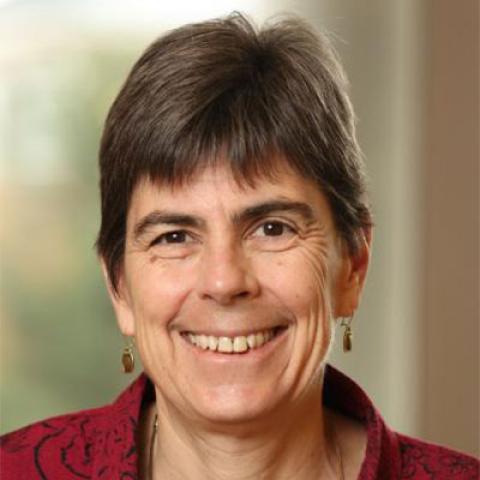Laura Galloway
Office Address: PLSB 406
Lab: 434 982-5599
Education
B.A., Oberlin College, 1984
Ph.D., University of California, Davis, 1994
Postdoctoral, University of Maryland, 1994-1996
Research Interests
My research uses ecological and genetical approaches to explore mechanisms of adaptation and patterns of evolutionary change in natural plant populations. Plants are sedentary and therefore cannot directly choose their growth environment or mates, they vary in their gender and potential for inbreeding, and many species are polyploid having more than two copies of each chromosome and gene. I study the consequences of these plant attributes for evolution using a combination of field and greenhouse studies, quantitative genetics, and molecular techniques.
Current projects in my lab focus on the evolution of inbreeding across a species’ range, maternal effects as a mechanism of adaptive evolution, and whether polyploidy really results in "instant speciation" as is typically thought. With my students, I am investigating the earliest stages of speciation – the possibility that evolution of organelle genomes, such as the chloroplast, create reproductive isolation between populations that initiates the speciation process.
My students and I incorporate studies of invasive species, altered habitats, and climate change into our research because these novel conditions permit insight into mechanisms of evolution.
For more information on research interests, see my lab webpage.
Representative Publications
Koski, M. H., L. F. Galloway and J. W. Busch. 2022. Hybrid breakdown is elevated near the historical cores of a species’ range. Proceedings of the Royal Society B 289: 20220070.
Prior, C. J., N. C. Layman, M. H. Koski, L. F. Galloway and J. W. Busch. (2020). Westward range expansion from middle latitudes explains the Mississippi River discontinuity in a forest herb of eastern North America. Molecular Ecology, 22: 4473-4486.
Sutherland, B. L., T. Miranda-Katz and L. F. Galloway. (2020). Strength in numbers? Cytotype frequency mediates effect of reproductive barriers in mixed-ploidy populations. Evolution, 74: 2281-2292.
Koski, M. H., C. J. Prior, N. C. Layman, J. W. Busch and L. F. Galloway. (2019). Selfing ability and drift load evolve with range expansion. Evolution Letters, 3: 500-512.
Koski, M. H., J. L. Ison, A. Padilla, A. Pham, and L. F. Galloway. (2018). Linking pollinator efficiency to patterns of pollen limitation: small bees exploit the plant-pollinator mutualism. Proceedings of the Royal Society B, 285: 20180635.
Barnard-Kubow, K. B. and L. F. Galloway. (2016). Cytonuclear incompatibility contributes to the early stages of speciation. Evolution, 70: 2752–2766.
